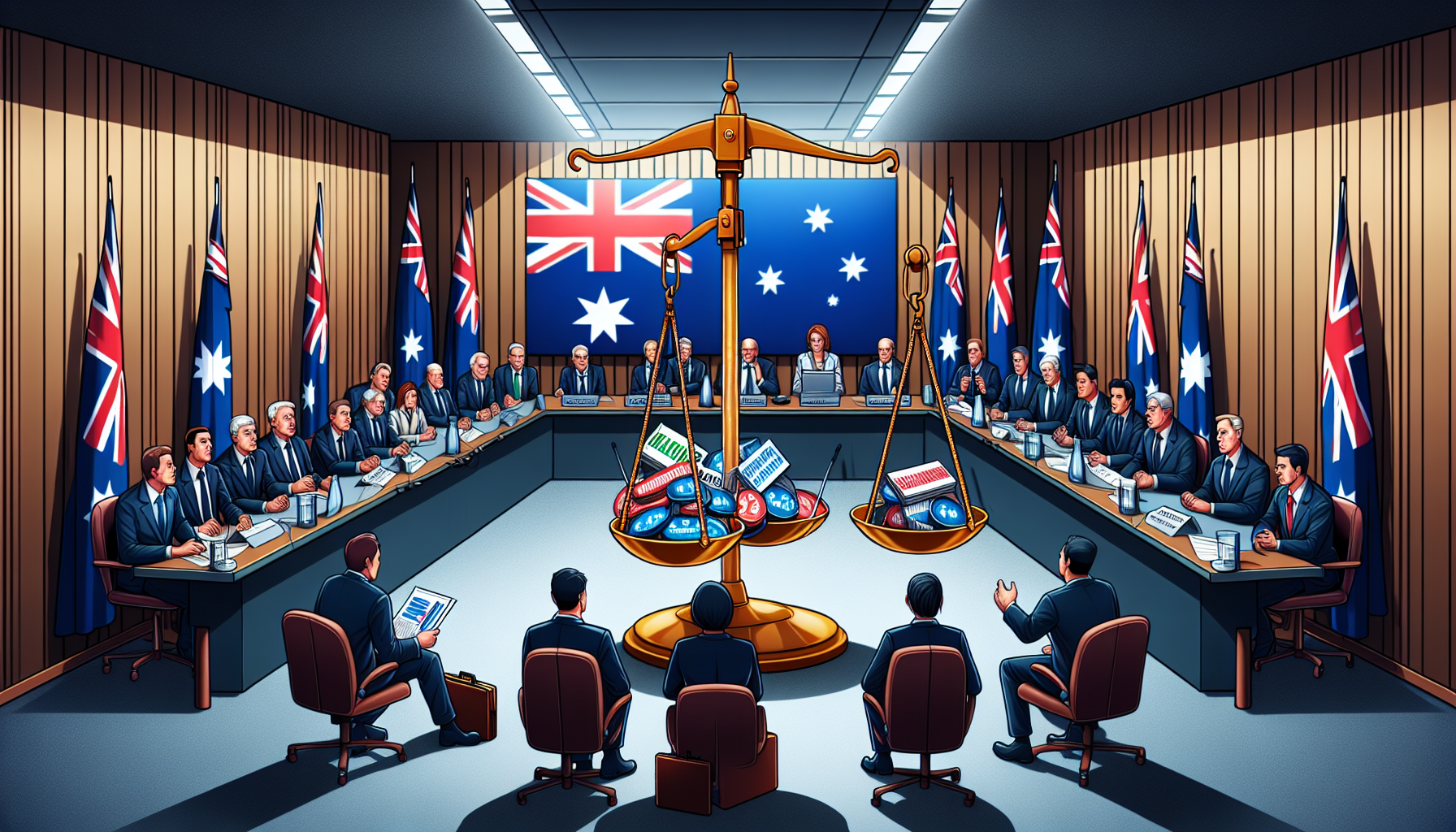Dutton’s Reckless Position on International Student Caps: A Political Minefield
The recent political skirmish surrounding Australia's international student policy has ignited debates about the future of higher education and the economy. Opposition leader Peter Dutton's comments regarding the government's proposed caps on international students have come under fire from various corners, with critics labeling his stance as “utterly reckless.”
The Context of the Controversy
As the government pushes for legislation to manage and potentially limit international student intake, Dutton's opposition highlights a significant divide in Australian politics. Minister for Skills and Training, Andrew Giles, recently criticized Dutton's position, emphasizing that his arguments lack foundation and are inconsistent with responsible governance. This discussion is crucial as international students contribute an estimated $40 billion annually to the Australian economy, influencing everything from local businesses to housing markets.
The Economic Implications
International students are not just numbers on a diplomatic chart; they form a vital part of the Australian educational landscape. They bring diverse perspectives and support a plethora of local jobs. During the first quarter of the 2024-2025 financial year, visa applications saw a dramatic decline of 28% compared to previous years, pointing to the challenges and changes within the system.
The consequences of a restrictive student cap may extend far beyond academia. For instance, universities in metropolitan areas might see influxes of funding and resources, while regional institutions could face catastrophic declines in enrollment, further destabilizing local economies.
Tensions in Parliament
In the current parliamentary climate, the proposal concerning student caps has initiated heated exchanges. Dutton referred to the government's approach as a "dog’s breakfast," indicating a disorganized and poorly thought-out plan. Conversely, Giles maintains that the legislation aims to maintain quality and integrity within Australia's education sector while still addressing housing affordability related to increased student numbers.
The dichotomy between supporting international student influx and managing housing demand represents a complex challenge for current policymakers. Discussions led by the Albanese government intend to balance these two vital issues, navigating through a maze of political opinions and public sentiment.
The Future of International Student Policies
As debates evolve, the notion of reforming international student visa regulations seems inevitable. If implemented, new measures must address concerns over student quality and compliance while ensuring Australia remains an attractive destination for global learners.
While the government seeks to navigate these treacherous waters, Dutton continues to galvanize his base by framing student caps as damaging to Australia's international standing and economic viability. The debate is far from over, and as new information unfolds, stakeholders from the education sector, business community, and students themselves must remain engaged in advocating for policies that promote inclusiveness and advancement.
The current situation depicts a gripping saga in Australian politics, where educational policies, economic considerations, and political maneuvers intermingle, waiting for decisive action from those at the helm.
Key Takeaways
- Political Divide: The standoff between Dutton and the government over international student caps indicates significant political and economic implications, highlighting contrasting visions for Australia’s education system.
- Economic Impact: International students play a substantial role in the Australian economy; restrictive policies could devastate local economies, especially in regional areas.
- Legislative Developments: The proposed changes to student visa regulations are central to ongoing debates, requiring careful navigation to balance quality and quantity while safeguarding Australia's educational reputation.
This ongoing controversy not only affects education stakeholders but also resonates through the broader Australian societal framework, making it essential to stay informed and engaged in the matter as it continues to unfold.
